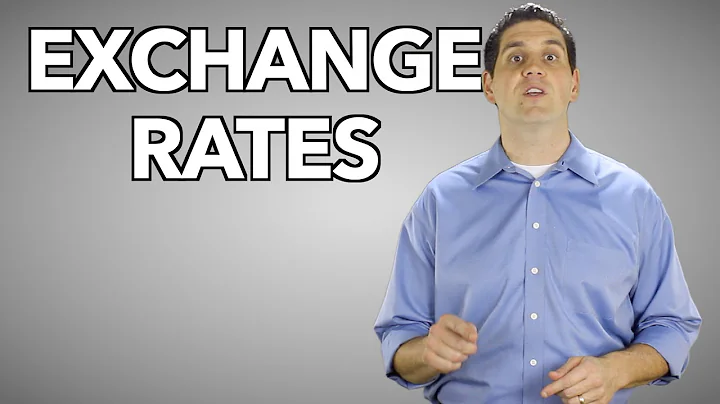Xinhua News Agency, Frankfurt, July 15 (Reporter Shan Weiyi) Since the beginning of this year, the exchange rate of the euro against the US dollar has fallen by nearly 12%. The exchange rate of the euro against the U.S. dollar on the Frankfurt Stock Exchange fell below 1 to 1 during the session on the 14th, hitting a low of 0.9953 to 1 to 1, before rebounding to 1 to 1.0016 at the close. In recent days, the euro's exchange rate against the U.S. dollar has fallen to around parity. Analysts believe that due to the spillover effects of the Federal Reserve's monetary policy, the euro's depreciation against the U.S. dollar is exacerbating the euro zone's economic woes.

This is a euro coin taken on July 12 in Madrid, Spain. (Photo by Xinhua News Agency reporter Meng Dingbo)
The continued decline in the exchange rate of the euro against the U.S. dollar is affected by multiple factors, mainly related to the strengthening of the U.S. dollar, high inflation, the spread of the energy crisis, tense geopolitical situations in Europe and high interest rate hike expectations Europe's high debt country risks related to rising.
" Wall Street Journal " columnist James McIntosh wrote on the 9th that both the depreciation of the U.S. dollar during the 2008 international financial crisis and its appreciation during this period proved that the Federal Reserve is the major central bank and has the most influence on the market. The biggest leader, the United States, is winning this " currency war ."
Analysts believe that the negative spillover effects of a strong dollar and tight monetary policy in the United States are spreading to Europe, putting pressure on the euro zone economy.
On the one hand, a strong dollar makes it more difficult for economies outside the United States to raise funds.
The Federal Reserve has led the European Central Bank in raising interest rates several times, and the rate hikes have been even greater, causing capital to flow to the United States and the dollar to appreciate. ING Economist Carsten Brzeski said a weak euro would do more harm than good amid geopolitical tensions in the region. Carl Shamotta, chief market strategist at
Cope, said that given the U.S. dollar's unique position in the global financial system, funds flow into the United States for reasons of seeking yield and hedging, against both major and minor currencies across the foreign exchange market. The currency was hit hard. "As the U.S. dollar appreciates, we will see global financial conditions tighten further and the U.S. dollar continues to dominate the world."

This is a picture of euro and dollar banknotes taken on July 11 in Madrid, Spain. (Photo by Xinhua News Agency reporter Meng Dingbo)
On the other hand, the appreciation of the U.S. dollar has made energy imports in Europe more expensive and has limited positive effects on European exports.
Sonia Lauder, chief investment officer of British law firm Investment Management, said: "We expect the European economy to decline earlier. Because the United States is an energy exporter and euro area countries are importers, under current energy prices, both parties The status is completely different. "
Germany's "Sunday Exchange" website stated that although the devaluation of the euro is beneficial to exports, the manufacturing industry is limited by supply chain bottlenecks in the context of the global epidemic. For example, the automotive industry has a serious chip shortage. As a result, the company's exports have been greatly affected. In addition, the slow development of the global economy and sluggish demand in various countries plagued by inflation are not optimistic about the boosting effect of the depreciation of the euro on exports.
German "Time" magazine commented that, unlike Germany, the overseas sales of American companies account for a much smaller proportion of its total economic output. At the same time, a strong dollar makes imported goods cheaper, thereby curbing U.S. inflation.





















